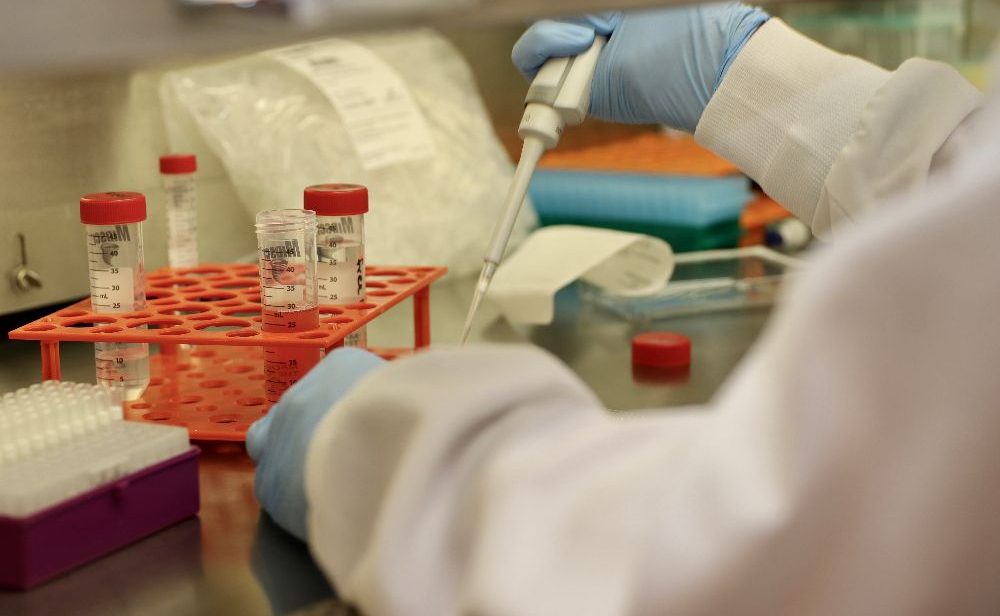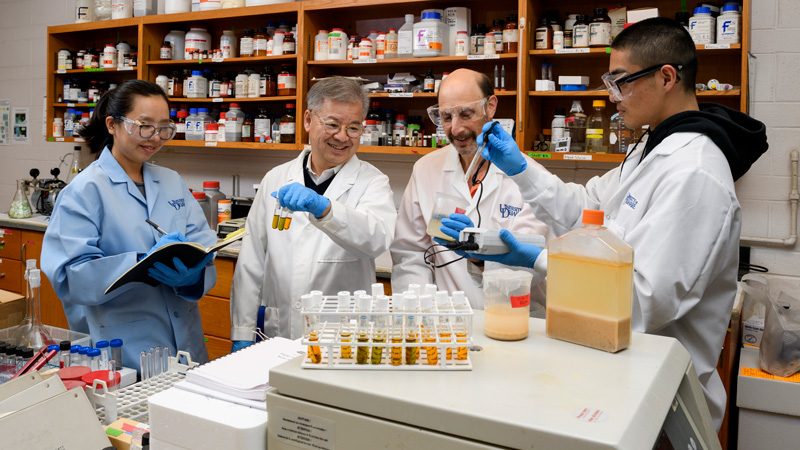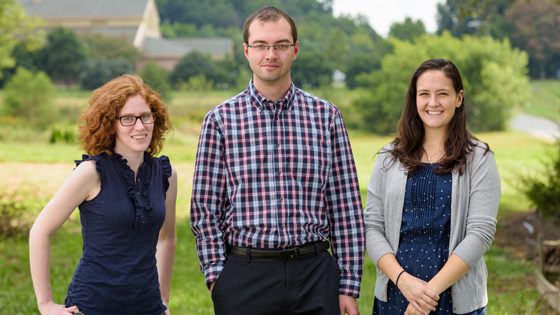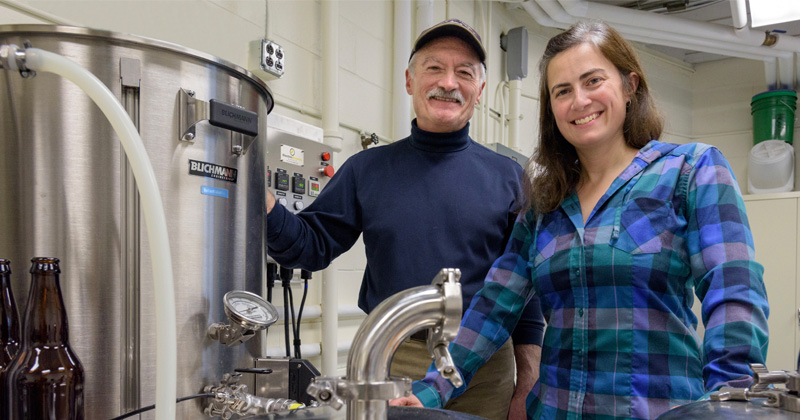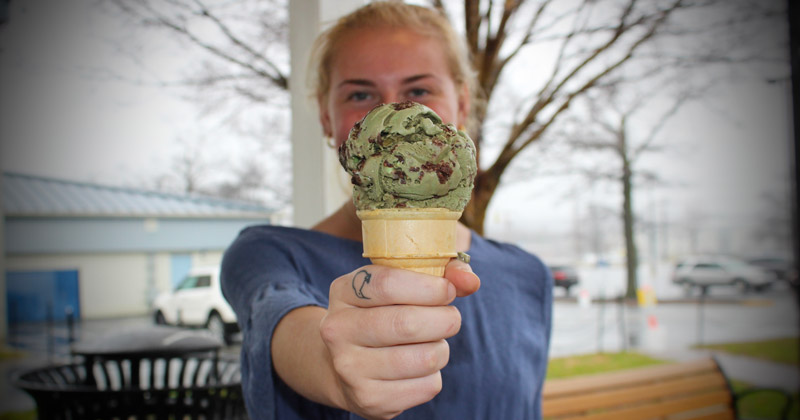
Graduate Programs
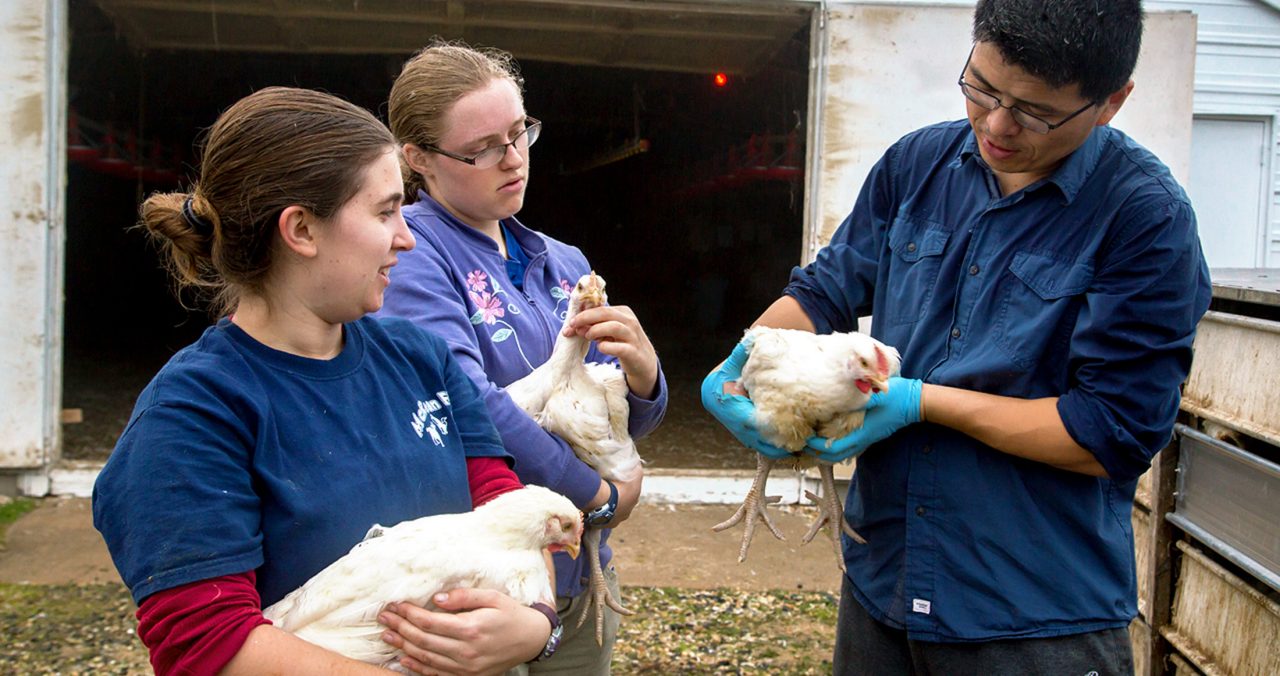
Animal and Food Science graduate programs
Our faculty research areas include:
- Immunology, physiology, and virology;
- Avian infectious diseases and their management;
- Avian genomics and molecular genetics;
- Animal nutrition and metabolism;
- Equine metagenomics; and
- Food microbiology, safety, and processing.
Multiple graduate degree areas exist in the department, namely:
- A joint Ph.D. degree program in Animal and Food Sciences
- Two M.S. degree programs (Thesis) — one in Animal Science and one in Food Science
- Three new, non-thesis M.S. degree programs primarily designed for individuals interested in learning and enhancing multidisciplinary technical and leadership skills. The programs include concentrations in 1) Animal Science Business and Entrepreneurial Leadership; 2) Food Science Business and Entrepreneurial Leadership; and 3) Animal and Food Sciences: Veterinary Biosciences, Biotechnology and One Health (VBBOH).
Students accepted into the ANFS Ph.D. and M.S. (thesis) program have access to financial support and tuition scholarships. Most graduate students are funded through research assistantships (RAs) and teaching assistantships (TAs).
Our graduates are successfully prepared for professional schools (e.g., veterinary and medical), or to further their education through advanced degrees (Ph.D. programs and post-doctoral positions). Many of our alumni are employed in the fields of biotechnology, food product development and safety, pharmaceutical research, vaccine development and testing, agricultural feed and nutrition industries, as well as government administration and policy.
-
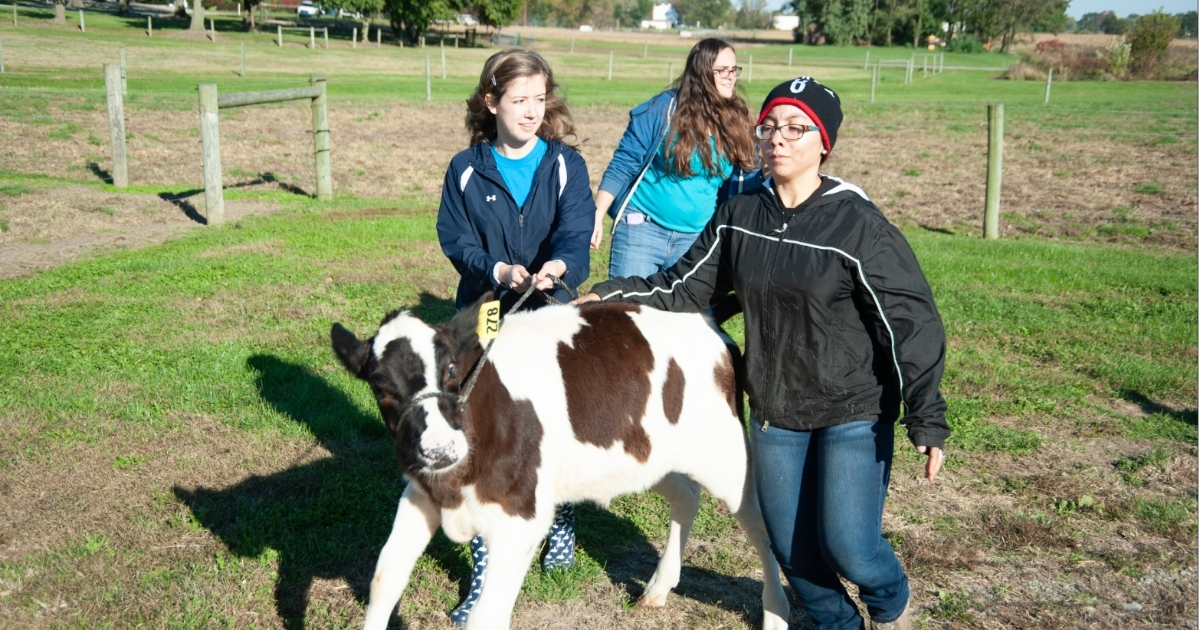
Success in Veterinary School
March 18, 2024 | Written by Molly Schafer (UDaily)First graduate of non-thesis M.S. in Animal Science program credits her UD coursework with helping her through veterinary school. -
UD animal science graduate degree launches Gloria Andrade-Feraud into veterinary school
March 12, 2024 | Written by Molly SchaferOriginally planning on medical school, Andrade-Feraud soon found that her heart wasn't in it. Then, a friend suggested veterinary school. After transferring to UD from another master's program, Andrade-Feraud was encouraged by the smaller class size, accommodating faculty, and helpful UD community! -
I’m a food safety expert — I always avoid these 4 items at the grocery store
March 11, 2024 | Written by David Landsel, New York PostUniversity of Delaware's Kali Kniel was interviewed by the New York Post about food safety and foods to avoid buying at the grocery store.


